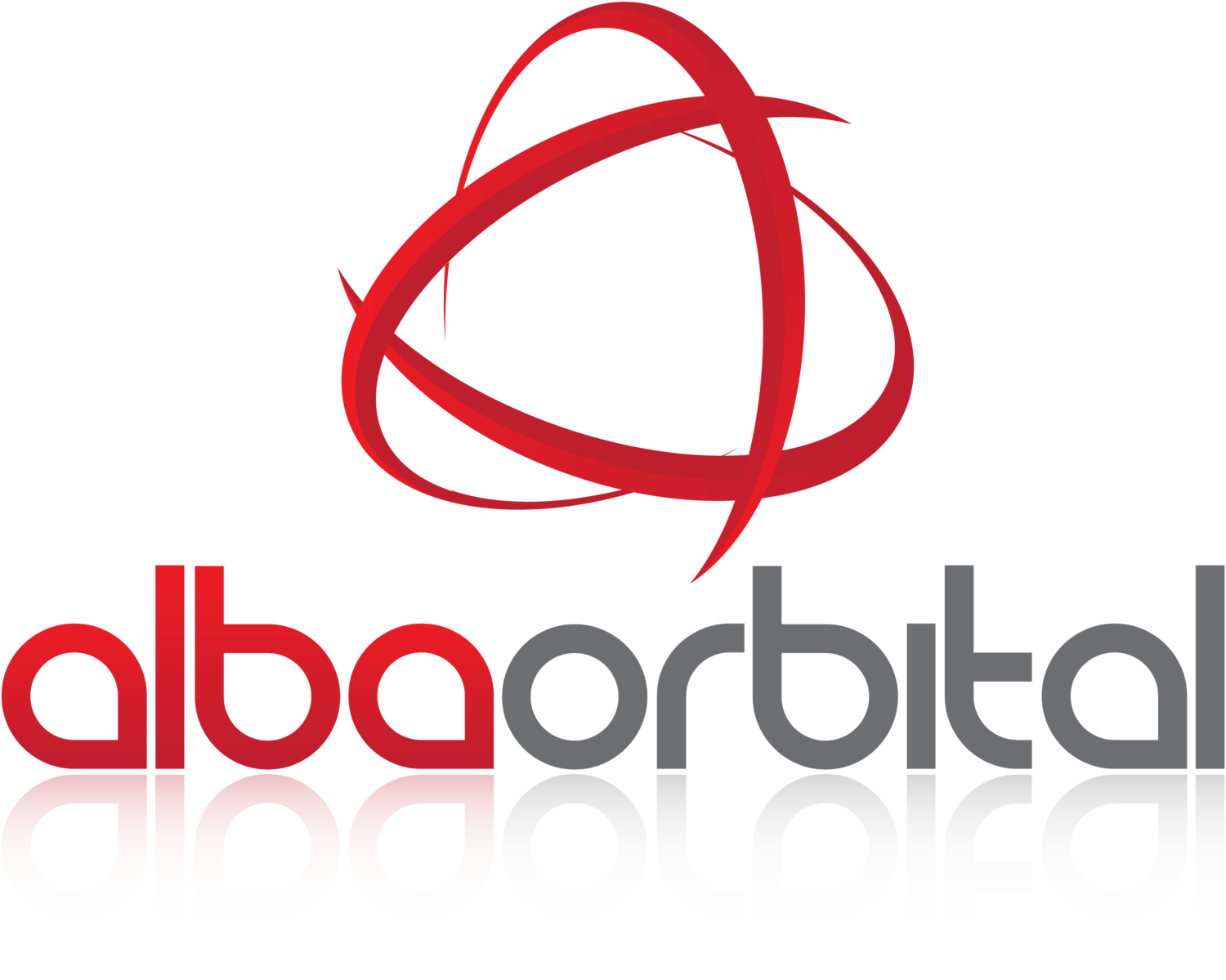Innova Space: A revolution in satellite technology
Alejandro Cordero, a high school teacher from Mar Del Plata in Argentina, was looking for a project to start with his class, something that would inspire his students. After discovering the world of PocketQubes, he attended the 2019 PocketQube Conference in Glasgow in hopes of finding out more in order to start the project with his students. Inspired by the talks given by experts in the field he set out to create a PocketQube with his students, helping educate them and encourage them to start their own projects.
The project quickly attracted interest from the Argentinian government, receiving funding for their exciting mission after only just starting it. With the aim of changing the world greater IoT connectivity, the seventh-year students set to work in building their first ever PocketQube, where they developed a tiny 1P PocketQube satellite named ‘SatDuino’. From this project, the start up company Innova Space was born.
‘PocketQubes’ are the smallest commercial class of satellites, no bigger than a Rubik’s cube measuring at 5cm per unit or ‘p’. These satellites are dramatically reducing launch costs, and opening access to space for a plethora of new space based applications.
In just over four years these students have gone from starting a project at school to receiving government and creating their own startup satellite business. Since the idea first came to reality, they have designed, built and launched multiple satellites. The purpose of these satellites is to allow for wide implementation of IoT (Internet of Things) services in the PocketQube form factor, the cheapest and most accessible gateway to space.
Innova Space are a prime example of the revolutionary technology that PocketQubes can provide for the world. The low cost and shorter build times allow for much quicker and affordable projects, essential for allowing young students passionate about the wonders of space a chance to launch their own satellite. They are an amazing educational opportunity that allows young students to design, build and launch and introduces pupils into the world of STEM, encouraging the next generation of engineers to solve problems on earth from space.
The company’s recent mission with their PocketQube MDQubeSat-2 has been a huge success. Aboard one of Alba Orbital’s Albapods on SpaceX’s Falcon-9 Block 5 rocket, MDQubeSat-2 was successfully launched into orbit on the 1st of December 2023. A few weeks later the PocketQube was deployed without any issue on the 22nd of December and is still operational at the time of writing, a huge step forward for Innova and the PocketQube community.







